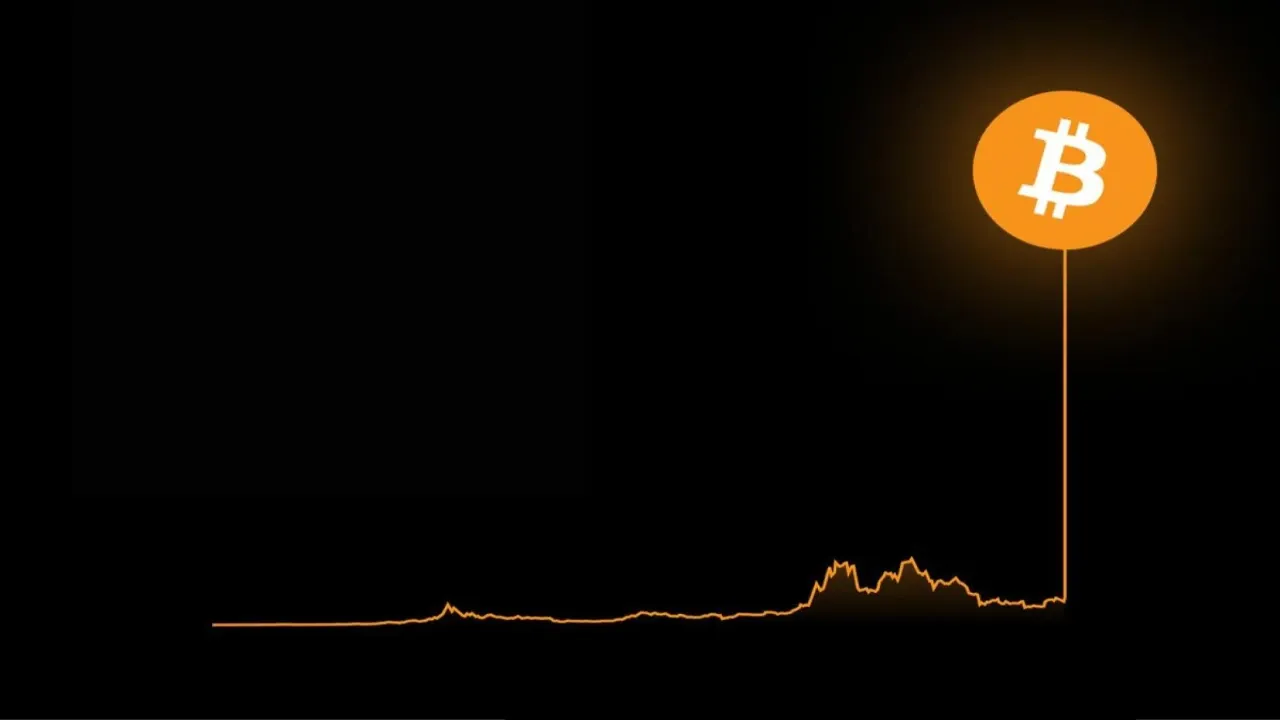Bitcoin and Bank Failures - Get Your BTC and Get Out
Arthur Hayes wrote about why you should get your BTC and get out. I summarize the article succinctly.

Bitcoin is a beautiful, weird thing. Worth nothing and worth everything at the same time. I view it as digital gold, digital property, as a way to save your economic energy from being inflated away.
It's a new decentralized protocol layer on top of the internet. Created out of the two most scarce things, time and energy (our money requires time and energy to earn, shouldn't it be created out of the same things required to earn it?).
I have a few go to minds on Bitcoin I listen to and trust. Robert Breedlove, Jeff Booth, Greg Foss and Arthur Hayes. Arthur Hayes recently came out with an article that was censored on Medium.com. He's since moved over to Substack.
His articles are quite heavy so I went ahead and broke down his post called "the denominator" into easy to digest notes.
The current US Banking System
*Again, this is a summary of Arthur Hayes over-arching points.
